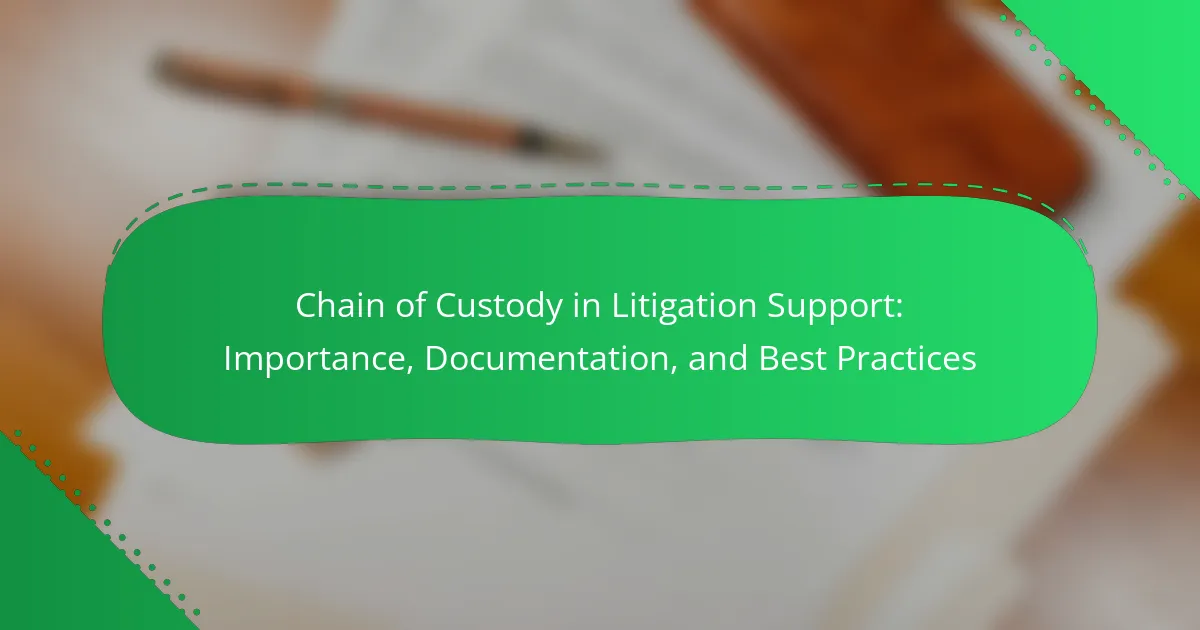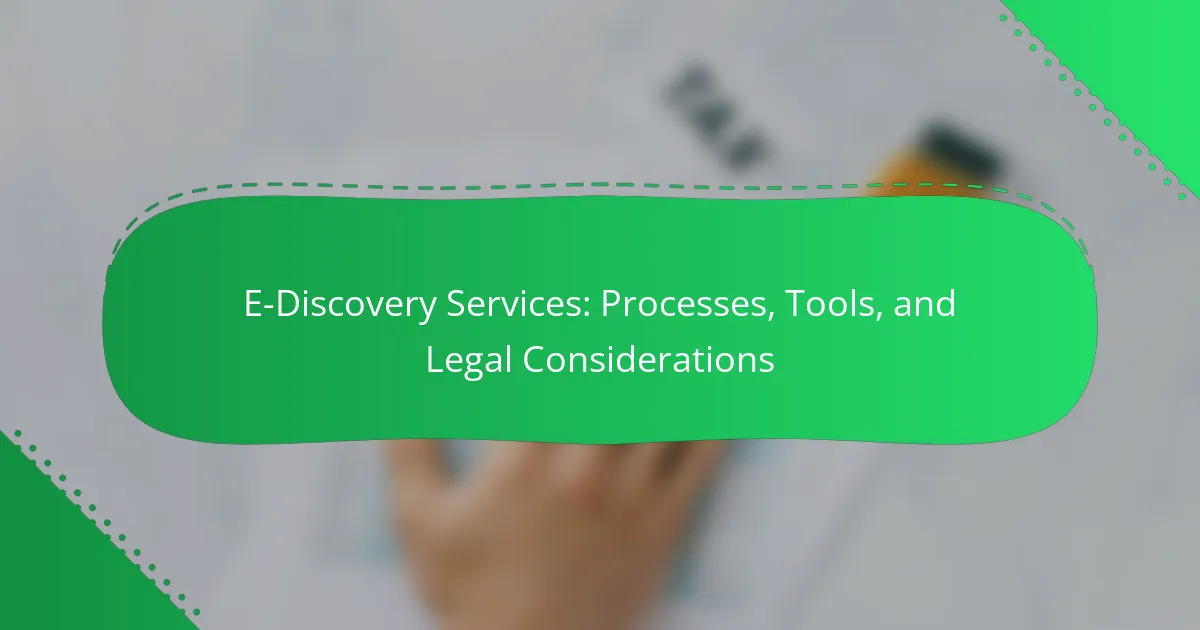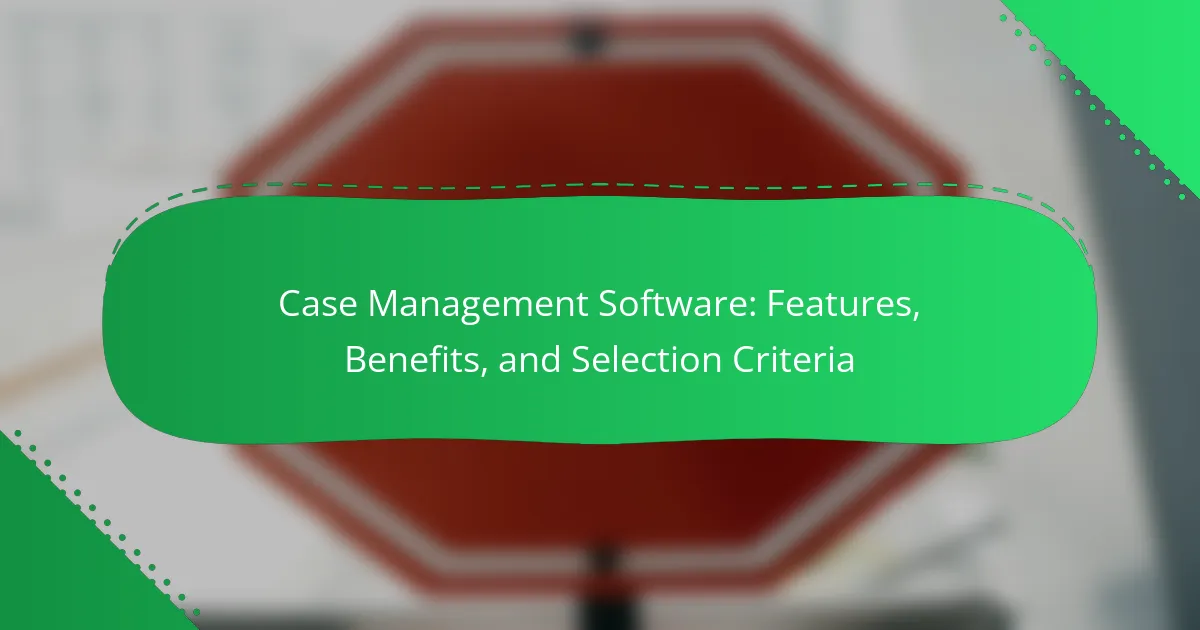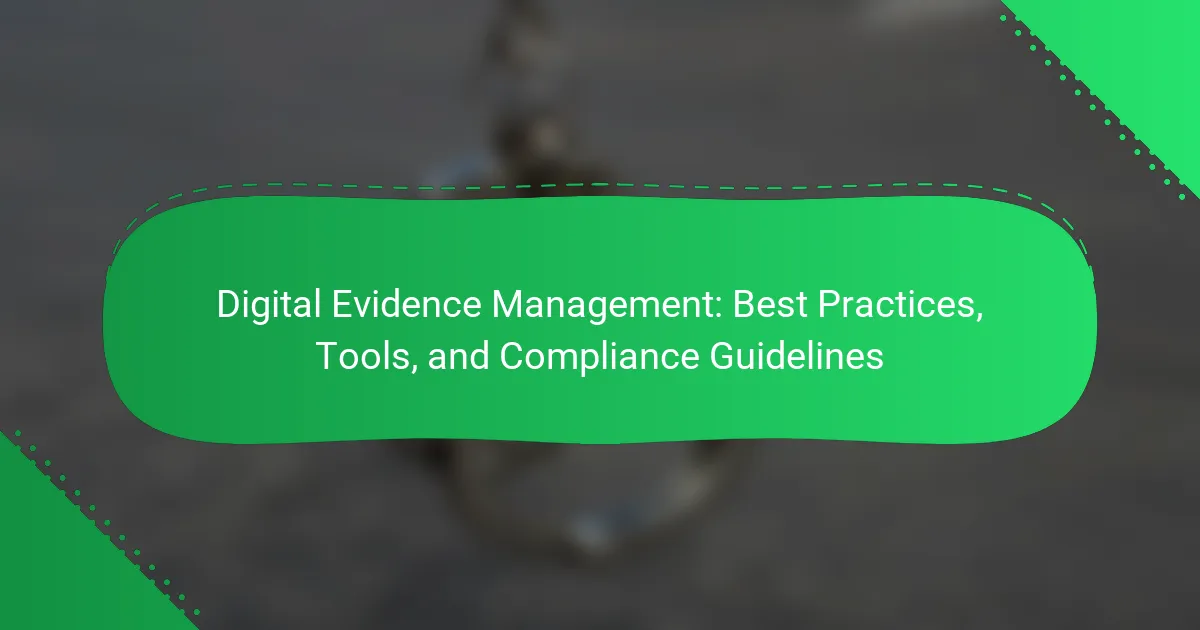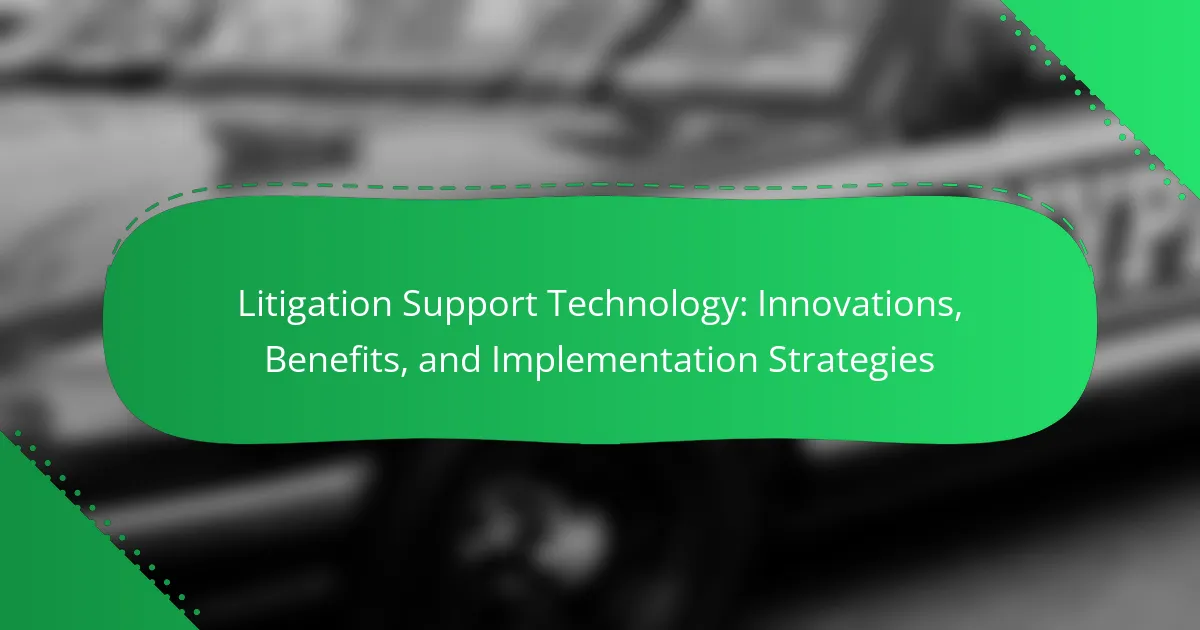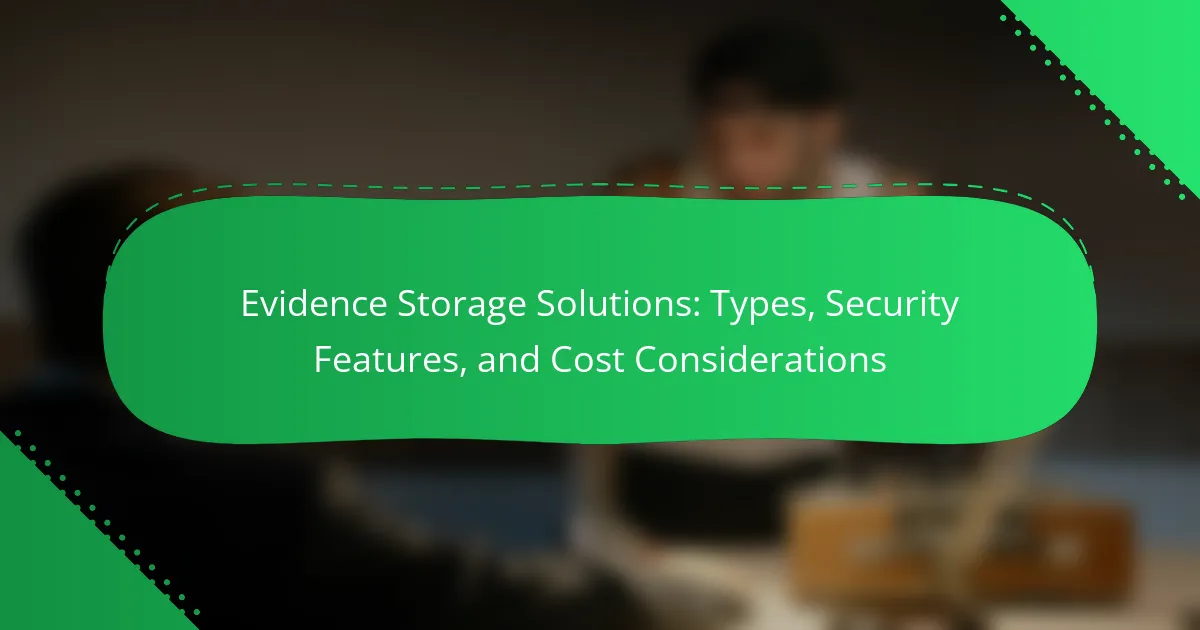Archive Post
Home / Evidence Management
Chain of Custody in Litigation Support: Importance, Documentation, and Best Practices
Chain of Custody in litigation support is the process of maintaining and documenting the handling…
E-Discovery Services: Processes, Tools, and Legal Considerations
E-Discovery services encompass the identification, collection, and analysis of electronic data for legal purposes, playing…
Evidence Presentation: Tools, Techniques, and Best Practices for Court
Evidence presentation in court is the systematic process of introducing, displaying, and explaining evidence to…
Case Management Software: Features, Benefits, and Selection Criteria
Case management software is a digital tool that enhances the management of cases within various…
Physical Evidence Handling: Procedures, Challenges, and Best Practices
Physical evidence handling is the systematic process of collecting, preserving, and analyzing physical evidence in…
Digital Evidence Management: Best Practices, Tools, and Compliance Guidelines
Digital Evidence Management is the systematic process of collecting, storing, and analyzing digital evidence, essential…
Expert Witness Services: Roles, Qualifications, and Impact on Case Outcomes
Expert witness services provide specialized knowledge and testimony in legal cases, playing a crucial role…
Litigation Support Technology: Innovations, Benefits, and Implementation Strategies
Litigation Support Technology encompasses tools and systems designed to aid legal professionals throughout the litigation…
Evidence Storage Solutions: Types, Security Features, and Cost Considerations
Evidence storage solutions are systems developed to securely store and manage evidence for law enforcement…
Data Preservation Strategies: Methods, Legal Implications, and Best Practices
Data preservation strategies are systematic approaches designed to maintain and protect data over time, ensuring…

